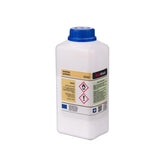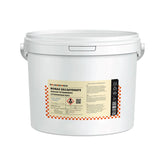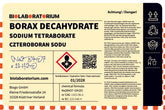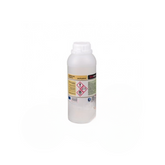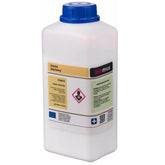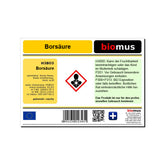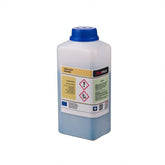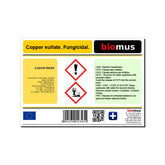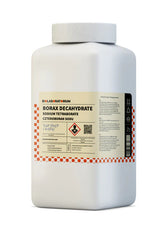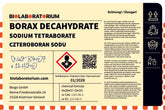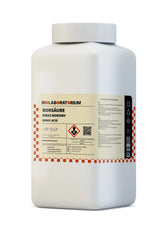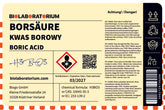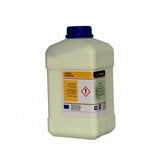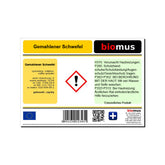Chondroitin sulfate in chemical products – What you should know
Chondroitin sulfate is a naturally occurring glycosaminoglycan found in many tissues of the human body. It plays an important role in the structure and function of cartilage, bone, tendons, and other connective tissues. In recent years, chondroitin sulfate has also gained increasing importance in industry and is used in a wide variety of products.
The properties of chondroitin sulfate
Chondroitin sulfate is a complex molecule composed of repeating disaccharide units. These units consist of N-acetylgalactosamine and glucuronic acid, which are linked together by sulfuric acid ester bonds. This structure gives chondroitin sulfate unique properties:
- Viscoelasticity: Chondroitin sulfate significantly contributes to the viscosity and elasticity of tissues, which is important for their shock absorption and freedom of movement.
- Water-binding capacity: Due to its hydrophilic nature, chondroitin sulfate can bind large amounts of water, which also contributes to tissue moisture.
- Antioxidative Effect: Chondroitin sulfate has antioxidant properties and can trap free radicals that can lead to cell damage.
- Anti-inflammatory: Studies have shown that chondroitin sulfate can also have anti-inflammatory effects.
Applications of chondroitin sulfate
Due to these diverse properties, chondroitin sulfate is used in numerous industries:
Pharmaceutical industry
In the pharmaceutical industry, chondroitin sulfate is primarily used in medications for the treatment of osteoarthritis and other joint diseases. It can alleviate symptoms and positively influence the course of the disease.
Cosmetics industry
In the cosmetics industry, chondroitin sulfate is frequently used in skincare products. It can improve skin hydration and reduce inflammatory processes. It is also used in hair care products.
Food industry
In the food industry, chondroitin sulfate is used as an additive in dietary supplements. It is intended to support joint health and mobility.
Industrial applications
In addition, chondroitin sulfate is also used in industrial applications, such as a thickening agent in paints, adhesives or lubricants.
The production of chondroitin sulfate
Chondroitin sulfate is typically obtained from animal sources such as cartilage tissue from cattle or sharks. The extraction and purification process is complex and involves several steps:
- Extraction of the raw material: The cartilage tissue is first mechanically crushed and processed.
- Extraction: Subsequently, the extraction of chondroitin sulfate is carried out using enzymes or chemical solvents.
- Cleaning: The extracted chondroitin sulfate is then further cleaned and freed from impurities.
- Drying and Processing: Finally, the purified chondroitin sulfate is dried and further processed depending on the application.
Safety and Regulation
The use of chondroitin sulfate in products is subject to strict regulations in many countries. For example, in the European Union, safety evidence must be provided before chondroitin sulfate can be used in food, cosmetics, or medicines.
Generally, chondroitin sulfate is considered safe and well tolerated. Allergic reactions or side effects are very rare. Nevertheless, consumers should be aware of possible intolerances when using products containing chondroitin sulfate.
Conclusion
Chondroitin sulfate is a versatile and useful ingredient that finds application in a wide range of products. Its unique properties make it a valuable component in pharmaceuticals, cosmetics, the food industry, and even in technical applications. With the increasing importance of sustainable and natural ingredients, chondroitin sulfate will certainly continue to play an important role in the future.
